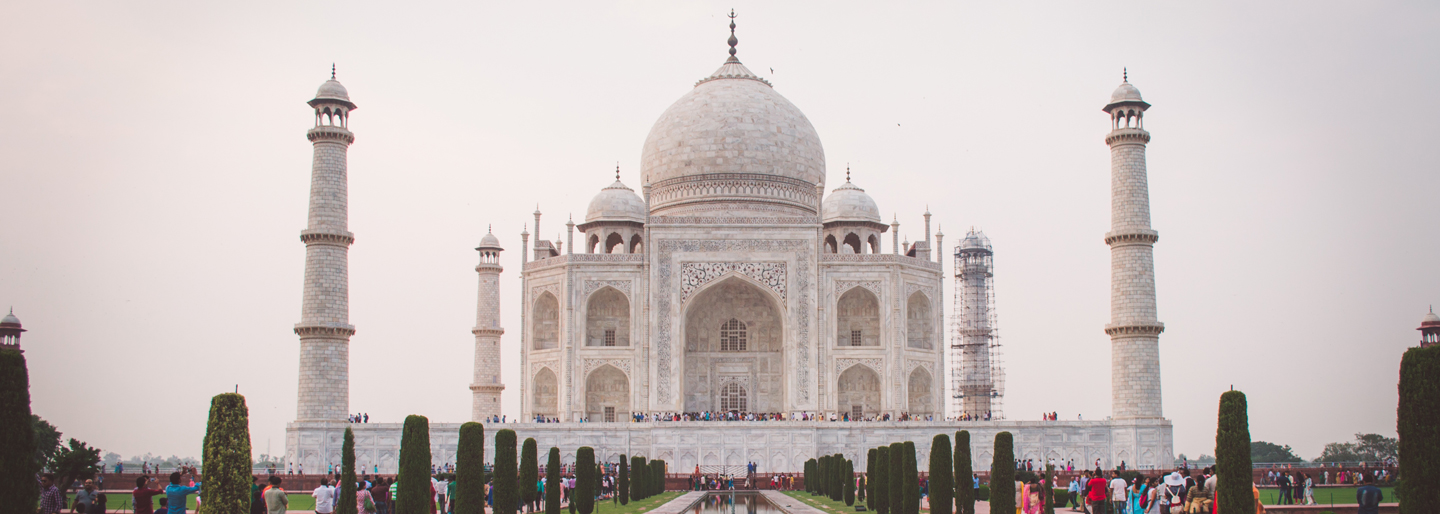Import from India for business is a common practice, so it is important to find out what terms and conditions you need to have agreed on with your supplier.
The mistakes we often see regarding import from India come from doubt about whether you have bought Ex Works or FOB. Ex Works means that you, as an importer in the UK, must pay for transport completely from the supplier’s place in India. FOB means that you only have to pay from the port, or from the warehouse that you have agreed the consignments will be sent from.
1. Words that can cost you dearly when doing import from India: “FOB New Delhi”
There is a bit more to consider when buying FOB New Delhi. New Delhi is not by the sea. It is located in the center of the country, and when you buy FOB New Delhi then this means that the supplier must pay to deliver the cargo to a warehouse in New Delhi.
In India, there exists an “Interstate tax” when goods move from one state to another, so be prepared to pay a tax for the transport of goods across the country. New Delhi is comprised of 3 different states, so ideally you should use a freight forwarder who has an agent that is in the same state as your shipper. This is to avoid the shipper needing to pay the Interstate Tax if you have agreed on FOB New Delhi terms.

For example, if your vendor living in Haryana and one forwarder has warehouse in Uttar Pradesh, it means the supplier will have to pay tax to move the goods to the other state. So it is important to clarify in advance with the supplier which state you want to move the goods out from when doing import from India.
2. Be careful where you order the transport from!
The second mistake we often see is that people underestimate how long the transit time is from India. At the moment, only Mumbai, or the port called Nhava Sheva, has a main, direct service to Europe. All other ports in India need to ship the goods either via Nhava Sheva or via Columbo in Sri Lanka. This means that it takes a relatively long time to get the goods to the UK from India.
From the main port of Nhava Sheva, it takes about 35-40 days, but if you must have the goods shipped from New Delhi, Calcutta or Chennaij, then you can easily add 10 days on top of that before your goods can reach the UK. So, unless the shipping starts from Mumbai area, you should probably expect a transit time of about 50 days.

It important to be prepared for surprise delay during the transit time as India is notorious for delays, especially when you have to ship goods out of Mumbai. This is because there are often very long queues or congestion in Mumbai, which delays the trucks and therefore the goods.
If you need goods out of north India, then it may be advantageous to order directly out of New Delhi, as it will be loaded onto a train in New Delhi, and trains always have priority over trucks when they arrive at the port of Mumbai. Using this method might prevent more delays.
3. Have you mastered the right documents?
The last mistake we often see, it is that people overlook or forget that to get the goods released in the UK, you should use the original transit documents. This means that when the goods are handed in and shipped, then there is a “Bill of Lading”. It will be by the freight forwarder and must be submitted physically to the importer in the UK, who should return it to the freight forwarder or their agent in the UK, to receive the goods.
An alternative you may be able to get a “Telex Release” or, if you are sending a full container, a “Seaway Bill” instead of a “Bill of Lading”. If you have one of these, the goods are automatically released to the importer without the original documents. However, unless you confirm which method you will use to start with when you are ordering its transportation, it is commonly assumed that you require original documents, and this can become an issue further down the track.